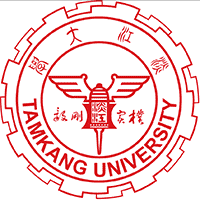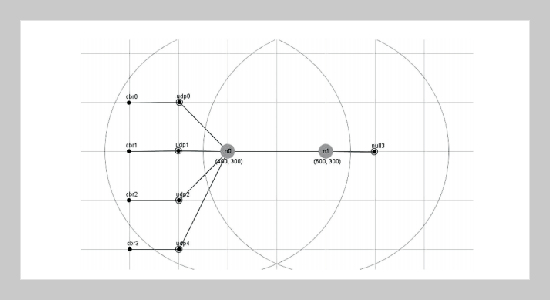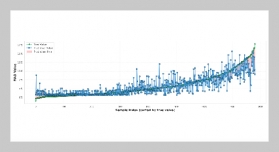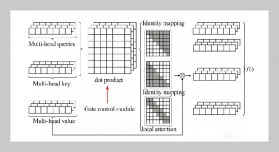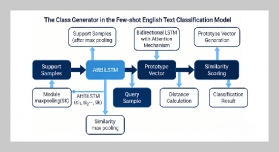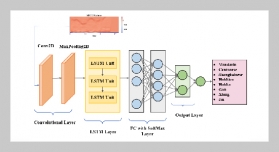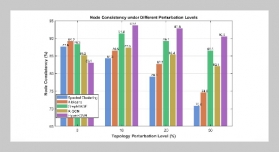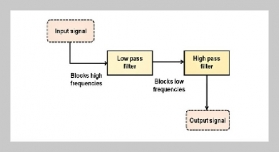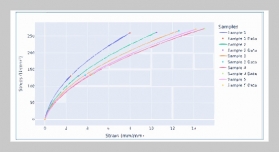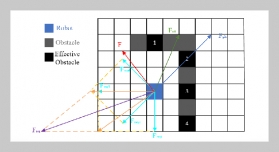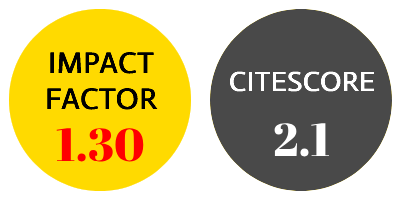Der-Jiunn Deng This email address is being protected from spambots. You need JavaScript enabled to view it.1 and Yu-Fan Yeh1 1Department of Computer Science and Information Engineering, National Changhua University of Education, Taichung, Taiwan, R.O.C.
Received:
November 21, 2007
Accepted:
June 27, 2008
Publication Date:
June 1, 2009
Download Citation:
||https://doi.org/10.6180/jase.2009.12.2.06
In order to reach better Quality-of-Service (QoS) requirements for multimedia application, the 802.11e task group was formed and has proposed EDCA (Enhanced Distributed Channel Access) for contention period and HCCA (HCF Controlled Channel Access) for contention-free period in the HCF (Hybrid Coordination Function) to enhance the original IEEE 802.11 Medium Access Control (MAC) protocol. However, the problem of choosing the right set of MAC parameters and strict QoS mechanism to provide guaranteed QoS in IEEE 802.11e Wireless Local Area Networks (WLANs) remains unsolved. In this paper, a pragmatic Call Admission Control (CAC) scheme with a novel polling based uplink scheduling policy for CBR traffic in IEEE 802.11e WLANs is proposed. The proposed CAC scheme computes the expected delay variation of every session upon arrival of new connection for admission decision. In addition, the proposed packet based delay constrained scheduling policy can derive sufficient conditions such that all accepted sources satisfy their time constraints to provide deterministic QoS guarantees. In addition to theoretical analysis, simulations are conducted to evaluate the performance of the proposed scheme. As it turns out, our design works very well in providing performance improvement in the noisy IEEE 802.11e WLANs environment.ABSTRACT
Keywords:
Delay Variation, EDCA, HCCA, CBR, IEEE 802.11e
REFERENCES
